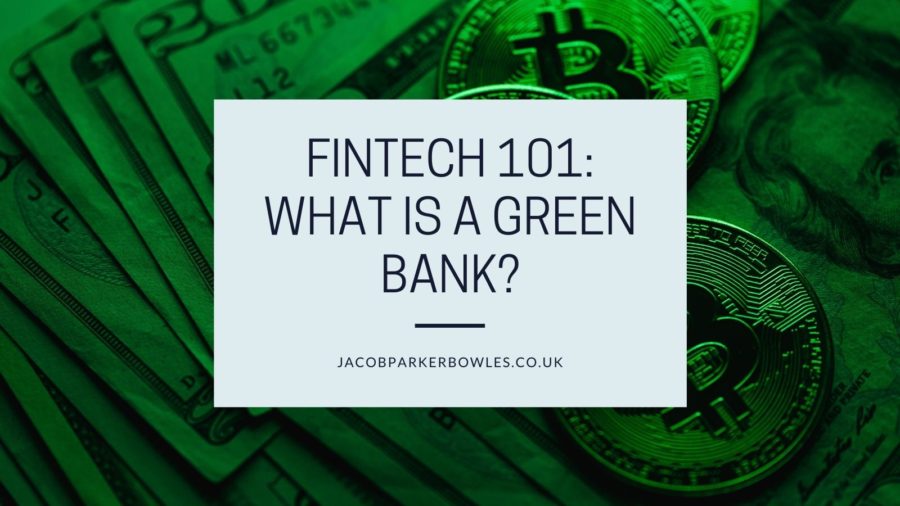Green Banks in a Nutshell
A green bank is a bank that exists for the sole purpose of battling earth climate change by funding projects that may be able to decrease the global carbon emissions and increase the use of alternative and renewable fuels and energy. They tend to support infrastructure spending in wind, solar, and other renewable energy space.
Green Banks: Functional Model
Green banks are not climate charities. Their funding is expected to be paid back with a profit for the bank. Currently, they are supported by some states in the U.S. and also by private funding. Green Banks utilize philanthropic and public funds. They generally fund energy projects that beyond the research stage and “good to go”. The Coalition for Green Capital (CGC) is a nonprofit agency that is deeply involved in advocating for green banks’ continued development.
Where Did the Idea for Green Banks Originate?
The idea for green banks started in 2008 when two entrepreneurial-minded, Ken Berlin and Reed Hundt, came up with the concept as part of the Obama transition team’s plans for promoting cleaner energy changes in US society. A proposal to enact federally supported green banks was attached to the American Clean Energy and Security Act. The concept never made it as legislation at the federal level. Green bank supporters were not daunted. Consequently, green bank advocates persuaded some states to take up the cause.
Green Banks: Some Statics
Currently, there are at least ten states that have at least one green bank. In addition, they are in the early stages of catching on globally as well. They also exist in Australia, the United Kingdom, and Malaysia. Within the U.S., green banks have already been involved in the funneling of some $3 billion in funds for clean-energy projects.
Green Banks: Their Future Development
With the advent of the Biden presidency, green banks may again find a firmer footing at the federal level. Indeed, in December 2020, Mr. Biden proposed the idea of a national green bank. They appear sure to gain more traction internationally as the desire to dampen climate change takes hold.




